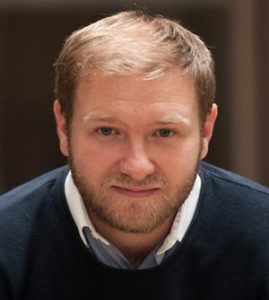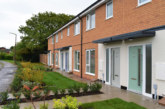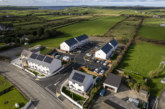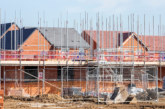 Paul Miller, Cabinet Member with responsibility for economic development, leisure, culture and tourism at Pembrokeshire County Council and consultant at V4 Services, discusses transforming local authority built environments in a post COVID-19 world.
Paul Miller, Cabinet Member with responsibility for economic development, leisure, culture and tourism at Pembrokeshire County Council and consultant at V4 Services, discusses transforming local authority built environments in a post COVID-19 world.
Long before the pandemic, technology had revolutionised the world of work, making remote working eminently possible. Despite that, the office culture routinely restricted home working days to just Mondays or perhaps, for the lucky few, Fridays too. COVID-19 instantly moved us all online and is now proving to be the catalyst for a longer-term cultural revolution that means more employers — both public and private sector — are beginning to realise they are going to need a very different office portfolio from here on out.
For local authorities, the opportunity is twofold. Firstly, a real opportunity to shift capital from dedicated office accommodation into services more visible to, and better appreciated by, the communities they serve. We were too radical when, in 2018, we pitched the idea of a local authority ditching its principal office entirely in favour of developing and funding a network of community hubs, set up for flexible and collaborative working by day and for supporting community activity by night. But is it still such a radical concept today?
Secondly, with the market in a fundamentally different place than 2019, has there ever been a better time to forge a community and political consensus around a future vision for urban centres? The radically disrupted market, a heightened expectation and welcoming of public sector intervention, access to historically low fixed rate borrowing, new funding opportunities emerging from the UK’s reshaping and redistributing of former EU programmes. All this means we’re seeing local authority funding intervention rates as low as 10% delivering £20m+ acquisition and direct investment projects in regional centres and bringing hundreds of homes (and the associated footfall) back into town centres.
Transformational intervention
2021 is undoubtedly the time for ambitious, transformational intervention in the built environment space. Relatively small investments by local authorities, coupled with their putting to better use existing locked in capital and sites, can and should be the catalyst for transforming communities.
A neat, single project example of where this is being done can be found in the London Borough of Ealing’s redevelopment of their office Perceval House. As 215,000 sq ft gross of office space over five stories in the heart of Ealing Broadway, Perceval House was initially designed for a possible road widening that did not take end up taking place. Therefore, the building represented an inefficient use of the plot available in an area of high land value. Like many public sector administrative buildings of its age and type, it was inefficient, expensive to run and heading towards the need for a substantial and expensive overhaul.
 V4 Services supported Ealing from the concept through to modelling, procurement, a new ways of working rollout and into construction programme management. The agreed scheme, now in delivery, will reduce the council’s current accommodation to 100,000 sq ft of brand new grade A office accommodation, funded through receipts from 240 new market sale properties while at the same time providing a further 240 (50%) affordable homes.
V4 Services supported Ealing from the concept through to modelling, procurement, a new ways of working rollout and into construction programme management. The agreed scheme, now in delivery, will reduce the council’s current accommodation to 100,000 sq ft of brand new grade A office accommodation, funded through receipts from 240 new market sale properties while at the same time providing a further 240 (50%) affordable homes.
V4 Services are experienced working with local authorities, developing and testing their thinking and then delivering on their ambitions. We undertake the detailed analysis required to underpin solid options appraisals, propose and develop services models to maximise opportunity.









